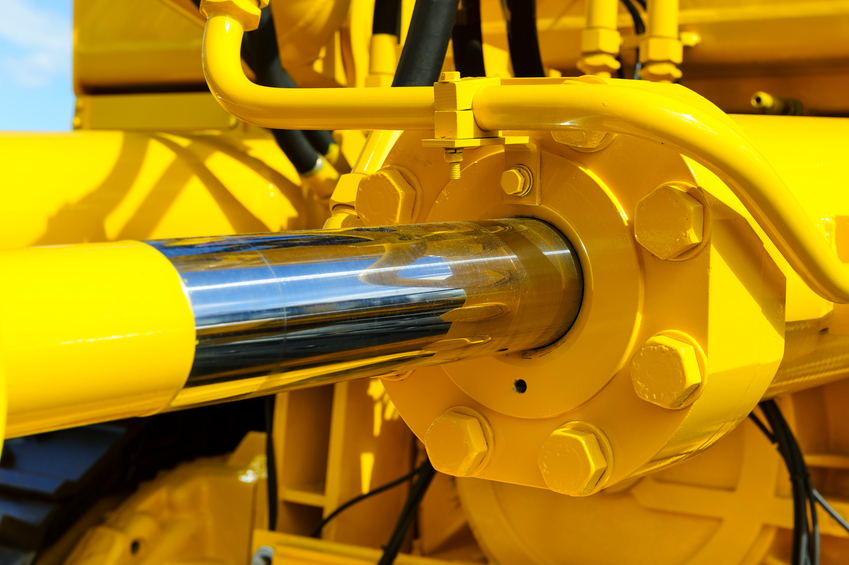Fluid Power (Part 1) - Hydraulic Principles

This online engineering PDH course provides an understanding of basic hydraulics principles and presents an overview of the fluid power system, and introduces both Pascal's Law and Bernoulli's Principle.
Most modern machinery today uses fluid power principles to do work so as to make our lives easier. Think about your car's brakes and how, by stepping on the brake pedal, you apply stopping pressure on the brakes on all four wheels. The ease with which we drive and steer our cars today is because of fluid power. You see fluid power at automobile service centers lifting the cars so that mechanics can work underneath them, and many elevators are hydraulically-operated using the same technique. There are numerous such applications that rely on fluid power that are obviously very adaptable, but how do they actually work?
This 4 PDH online course is applicable to mechanical engineers, design professionals, service technicians, operational & maintenance personnel, and facility engineers who are interested in gaining a better understanding in the hydraulic principles of fluid.
This PE continuing education course is intended to provide you with the following specific knowledge and skills:
- Learn the behavior of liquids at rest and the factors affecting transmission of forces through liquids
- Describe the fluid properties such as density, viscosity, flow rates, velocity, temperature, pressure, head and their relationships
- Learn Pascal's law and describe pressure and force in fluid power systems
- Learn the behavior of liquids in motion and the factors involved in flow
- Learn hydraulic principles - calculation of required pressure, required flow and required power
- Understand the Bernoulli's principle and learn how to calculate the fluid velocity or flow rate in a specified fluid system using the continuity equation
- Understand the relationship of force, pressure and head
- Understand the operation of basic hydraulic components and their application in hydraulic jacks and hydraulic brakes
- Learn the quality of fluids acceptable for hydraulic systems
- Learn the safety precautions when handling potentially hazardous fluids
In this professional engineering CEU course, you need to review Chapters 1, 2 and 3 of the Naval Education and Training Materials (NAVEDTRA 12964), Fluid Power as follows:
- Chapter 1: Introduction to Fluid Power
- Chapter 2: Forces in Liquid
- Chapter 3: Hydraulic Fluids
Once you complete your course review, you need to take a multiple-choice quiz consisting of twenty (20) questions to earn 4 PDH credits. The quiz will be based on Chapters 1, 2 and 3 of this NAVEDTRA publication.
Upon successful completion of the quiz, print your Certificate of Completion instantly. (Note: if you are paying by check or money order, you will be able to print it after we receive your payment.) For your convenience, we will also email it to you. Please note that you can log in to your account at any time to access and print your Certificate of Completion.